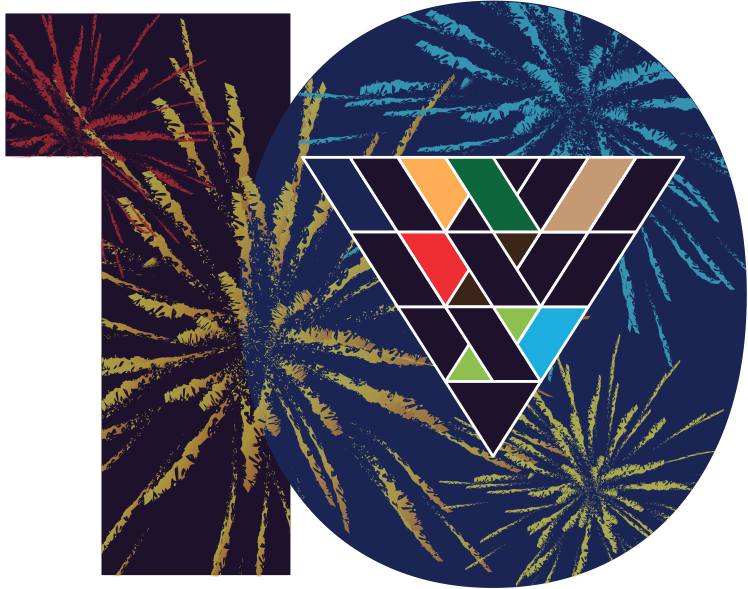Ka Maka ʻĪnana
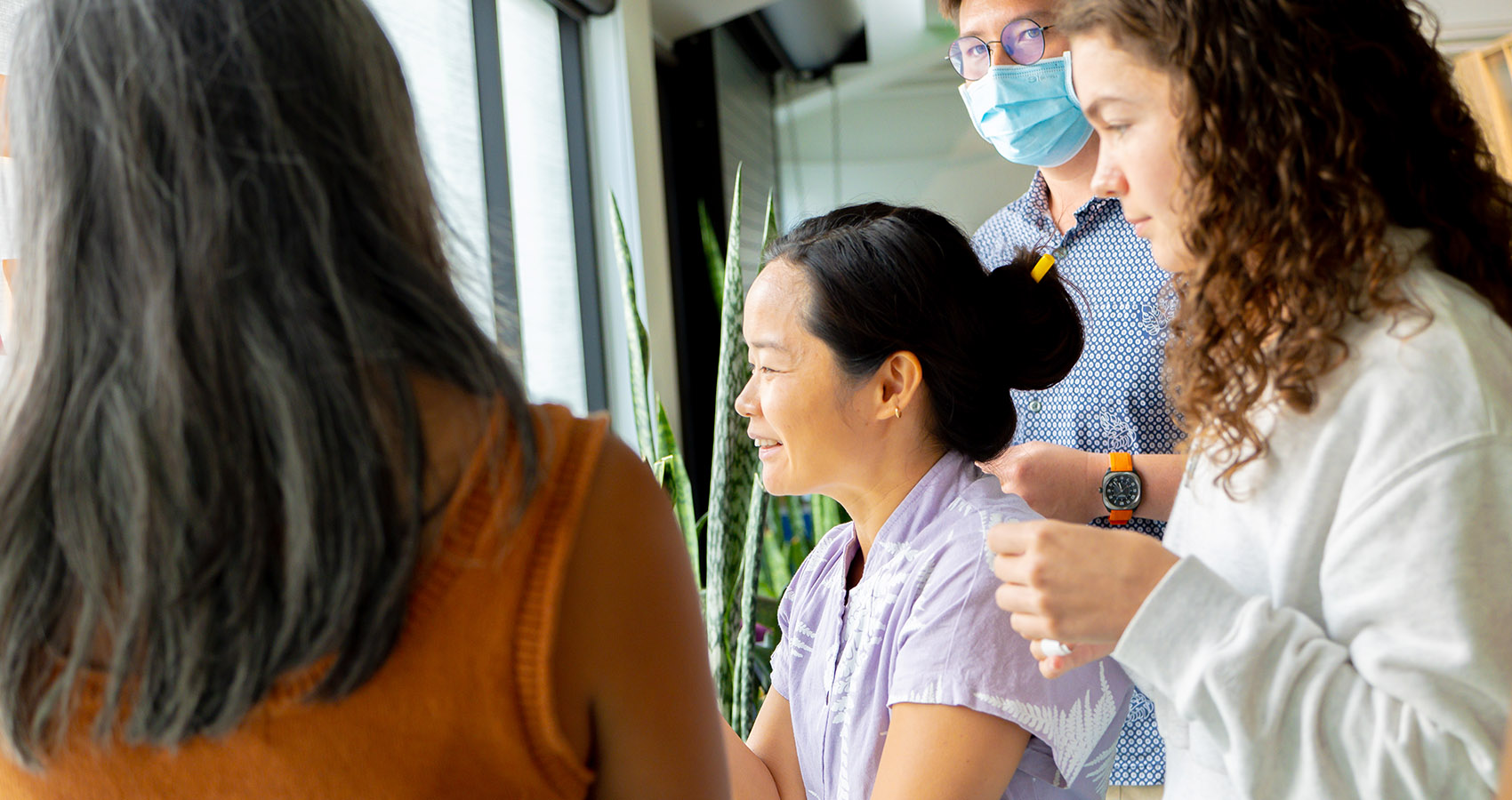
Take a deep dive into place-based design methods in this 12-week program
Design is the foundation that everything we see is built upon, from public service programs, to policy, to architecture, to emerging technologies. Ka Maka ʻĪnana seeks to inform the way we think about and practice design to embed equity and cultural grounding in all of the things that we create. On behalf of the Purple Maiʻa Foundation and the University of Hawaiʻi Office of Indigenous Innovation, we invite you to learn Place-based Design in a Hawaiian Context alongside a growing community of practice in Ka Maka ʻĪnana.
Applications open on October 16th and close on December 1st.
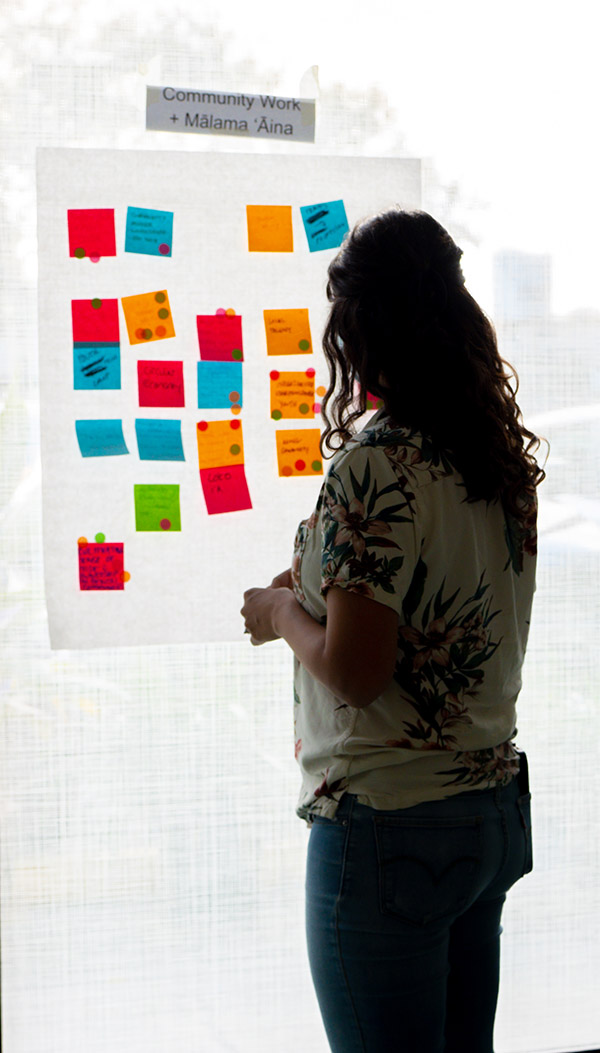
Why you should join
- Network with both designers and cultural knowledge holders to grow your design skill set
- Enhance existing design thinking knowledge with new frameworks and perspectives that consider our local and indigenous context
- Be part of a community of change-makers passionate for designing our future
- Have an opportunity to use your design knowledge toward real community solutions as a part of the Ka Maka ʻĪnana Think Tank
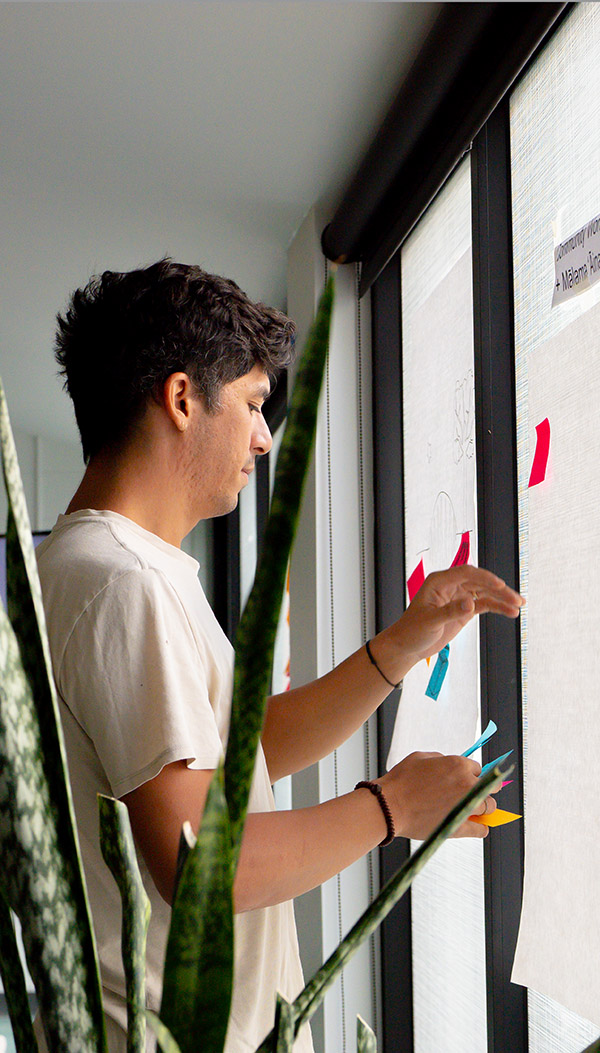
Curriculum Overview
Module 1
Context in Community
Module 2
Primer on Design
Module 3
Principles and Ethics of Designing in Hawaii
Who are we looking for?
Ka Maka ʻĪnana is open to anyone interested in problem-solving for social & environmental good using place-based design. Whether you’re a seasoned designer hoping to incorporate more equity focused methods or someone who is just learning about design for the first time, we welcome you to apply.
Recognizing the power of gathering in-person, cohort 6 of Ka Maka ʻĪnana will be hosted in a hybrid format. We hope that meeting face-to-face once per month will foster deeper pilina between participants. Though participation in this cohort will be limited to those based on Oʻahu, we hope that a successful hybrid cohort will pave the way for more in-person engagements across the pae ‘aina.
Participant Expectations
- Based on Oʻahu
- Able to join weekly workshops from 4:30-6pm on Wednesdays.
- While most of these workshops will be held virtually, participants will be expected to attend a special in-person session at our Mōʻiliʻili office once per month. These sessions will happen on 01/24, 02/21, 03/13, and 04/10.
- All experience levels are welcome!
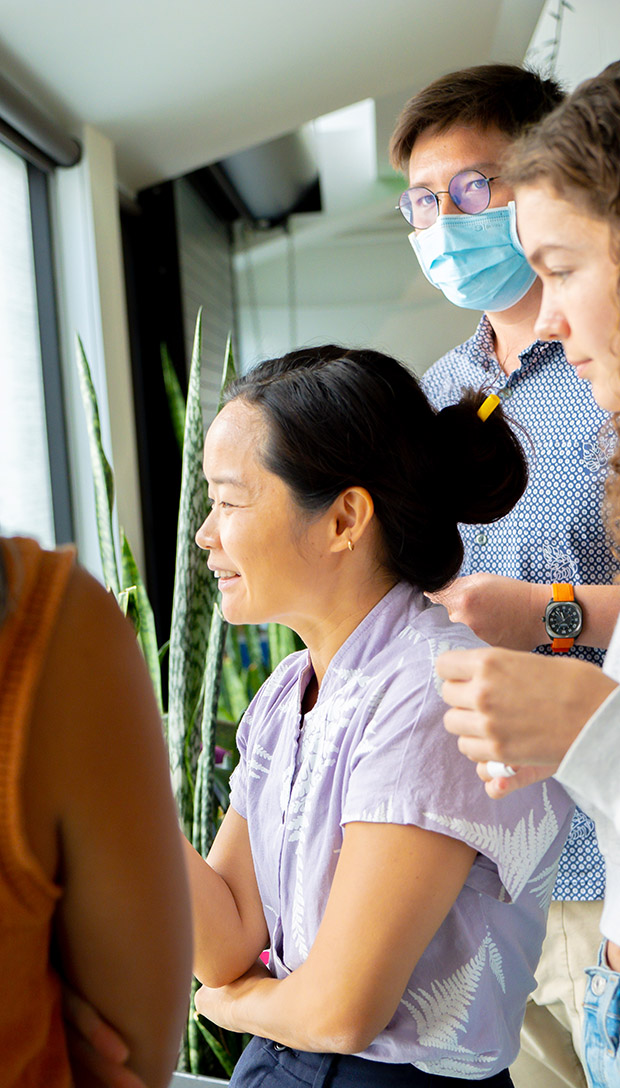
Apply to Join!
Applications open on October 16th and close on December 1st.
